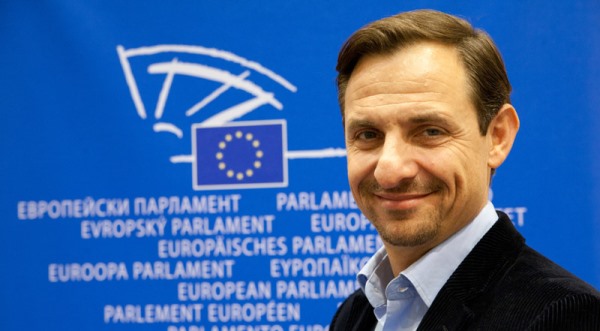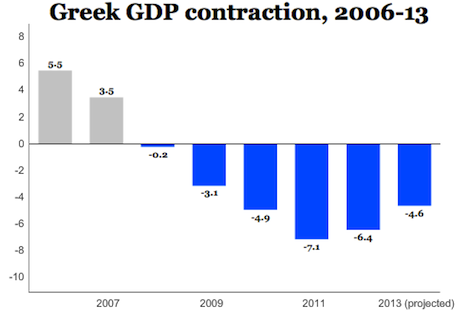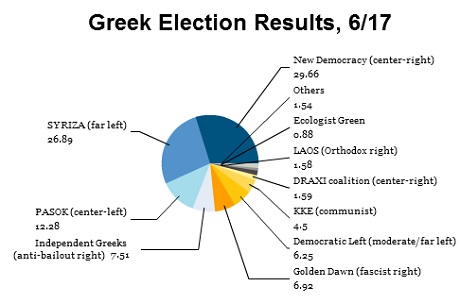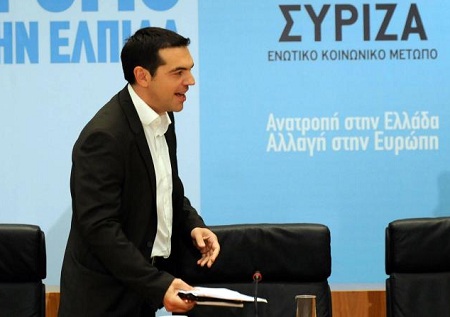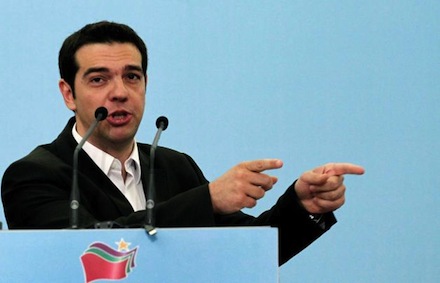If there’s anyone in European politics who straddles the line between the two cultural realities of Europe today, it’s Jorgo Chatzimarkakis.![]()
![]()
![]()
Born in 1966 to Greek migrants in the Ruhr Valley, in what was then West Germany, Chatzimarkakis has served for the past 10 years as a member of the European Parliament from Germany’s liberal Freie Demokratische Partei (FDP, Free Democratic Party).
Over the course of the past five years, that’s put Chatzimarkakis in one of the most unique roles of any European policymaker. As a German MEP, he belonged to a party that was one of the most outspoken critics of using German funds for what seemed, at the heart of the eurozone’s sovereign debt crisis, like an endless number of bailouts for troubled European economies, including Greece’s.
But as an MEP of Greek descent, Chatzimarkakis also understood the emotional and social toll of the economic crisis from the other perspective, in light of the pain Greece continues to suffer due to the bailout — often referred to in Greece simply as the ‘memorandum,’ in reference to the Memorandum of Understanding that sets out the terms of the Greek bailout with the ‘troika’ of the European Central Bank, the European Commission and the International Monetary Fund.
* * * * *
RELATED: In-Depth: European parliamentary elections
* * * * *
Though the bailout program has kept Greece inside the eurozone, it’s come at a huge cost. The conditions Greece accepted in exchange for the loan program required tough budget cuts, tax increases, and reduced state salaries and pensions, exacerbating an economic downturn that, for Greece, has now developed into a full-blown depression. Unemployment is still nearly 27%, youth unemployment is even higher, and the Greek economy has contracted for six consecutive years:
Cuts to education, health care and other programs have strained the Greek social fabric, civil strife and strikes are seemingly endless, and politician violence has increased. The neo-fascist Golden Dawn (Χρυσή Αυγή) is now the third-largest party in the Hellenic Parliament, despite the efforts of the current national government to prosecute many of its leaders. Though Greece’s economy may expand this year, for the first time since 2007, it’s clear that the effects of the downturn will reverberate for years to come.
In the 2014 European elections, Chatzimarkakis is running for the European Parliament in Greece, having formed a new political party, the Hellenic European Citizens (Έλληνες Ευρωπαίοι Πολίτες). Continue reading An interview with Greek-German MEP Jorgo Chatzimarkakis
